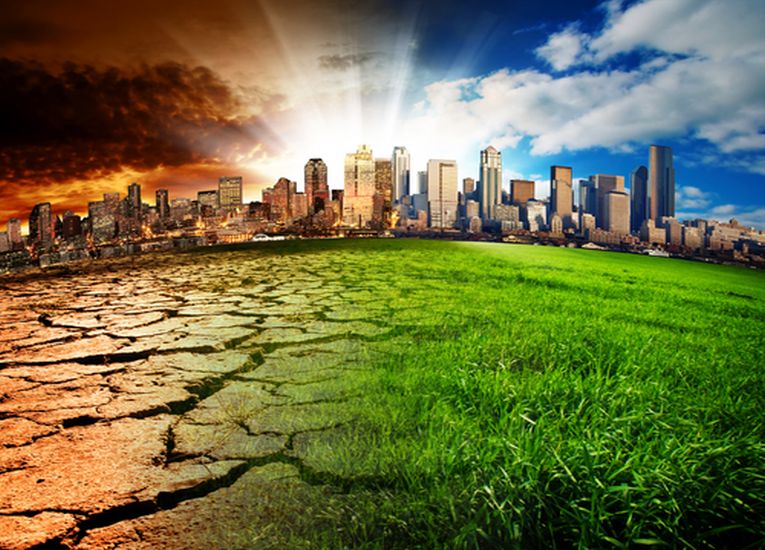The University of Oxford's Alexander Otto and the old Intergovernmental Panel on Climate Change (IPCC)have stirred and issued a prediction about climate, based on how the earth is currently warming. Unfortunately, since the IPCC last said anything, people have realised that trends are accelerating and the future will probably have more pollutants than at present.
The prediction is a 4°C warming (above pre-industrial levels) and less severe effects than some claim. Professor Otto still states that catastrophe across the planet will take place He suggests droughts, storms, floods and heat waves with secondary effects such as people getting' the hell out! In the journal, Nature Geoscience, we have seen more honed predictions, but this paper at least admits that the 1998 pause in warming is strictly temporary.
The problem is that these scientists admit they cannot factor all possibilities into their equations. Recent warming has been absorbed by the sea subsurface, but more heating will release energy from the oceans. Thermal expansion of the water will increase the rise in sea level predictions., but so far sceptics have been able to claim that despite average rises, the temperature has somehow peaked!
Alexander Otto has claimed, "Given the noise in the climate and temperature system, you would need to see a much longer period of any pause in order to draw the conclusion that global warming was not occurring." The problem is that while admitting the equations used to predict change and the resulting models are accurate, we have to wait even longer September) before the Panel submits its first major report since 2007.
Agreeing with Otto, Jochem Marotzke of the Max Planck Institute denies the last decade is any guide. At the University of Reading, Richard Allan puts it in a nutshell. A minority of simulations, he claims, may be responding more rapidly towards overall warming than the others, and these are the type that culd prove really accurate. The effect of all of our pollutants is almost impossible to judge, as we don't know their individual or combined effects fully. He does agree however that, "with work like this our predictions become ever better."
The full paper is interesting, of course, We just wish such a prestigious organisations as the IPCC could warm up their rate of reporting. Ungrateful lot we are! Here's the paper: Nature Geoscience.










